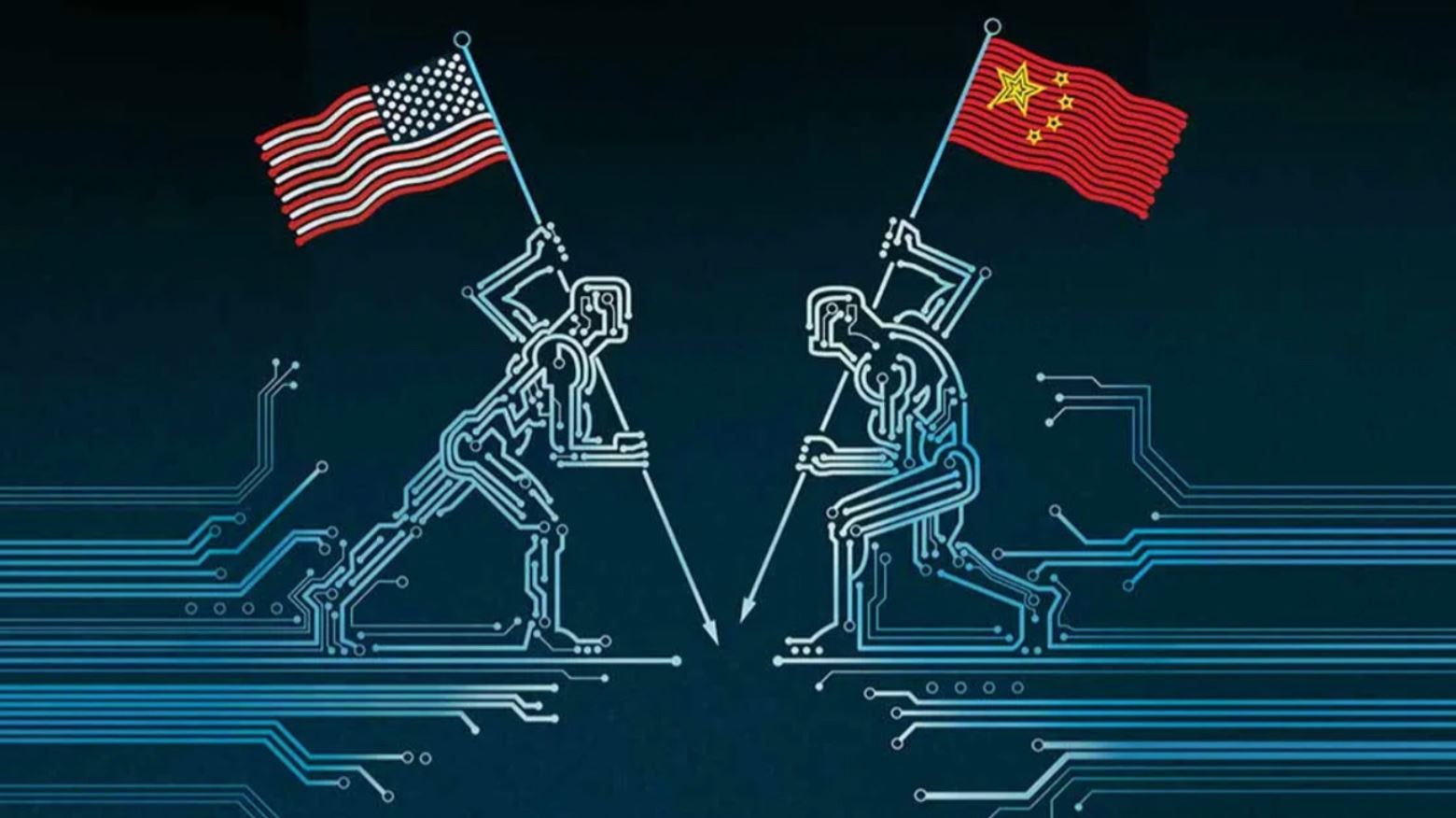 Angela Zhang, a law professor at the USC Gould School of Law specialising in technology regulation and antitrust in China, brings a wealth of insight to discussions about innovation. In a recent conversation, she broke down how US tariffs are reshaping China’s tech sector, just as global AI competition heats up.
Angela Zhang, a law professor at the USC Gould School of Law specialising in technology regulation and antitrust in China, brings a wealth of insight to discussions about innovation. In a recent conversation, she broke down how US tariffs are reshaping China’s tech sector, just as global AI competition heats up.
The tariffs affect Chinese tech in two key ways. Directly, higher taxes on imports make it harder for Chinese products to compete in the US market. When tariffs remain near pre-Liberation Day levels, companies might manage by absorbing extra costs to stay competitive. But if tariffs jump sharply – as they once neared 145% under President Trump before his Geneva proposal – Chinese goods risk losing their crucial price advantage.
Indirectly, mounting US trade barriers are prompting Chinese firms to adapt. Facing increasing hurdles, these companies are sparking innovation by cutting costs and ramping up production. For example, the chip embargo spurred many tech firms to open-source their AI models, a collaborative and cost-effective strategy when resources are limited. You’ll likely see similar tactics emerging in sectors such as electric vehicles, batteries, and renewable energy. At the same time, companies are shifting focus toward markets in Asia, Latin America, and Africa, while also exploring technology exchanges to strengthen ties with Europe.
Regardless of how the landscape shifts, it’s clear that Chinese tech firms have significant challenges ahead under the current administration. If you’ve ever wrestled with the impact of shifting policies on tech projects, this evolution offers plenty to consider.








